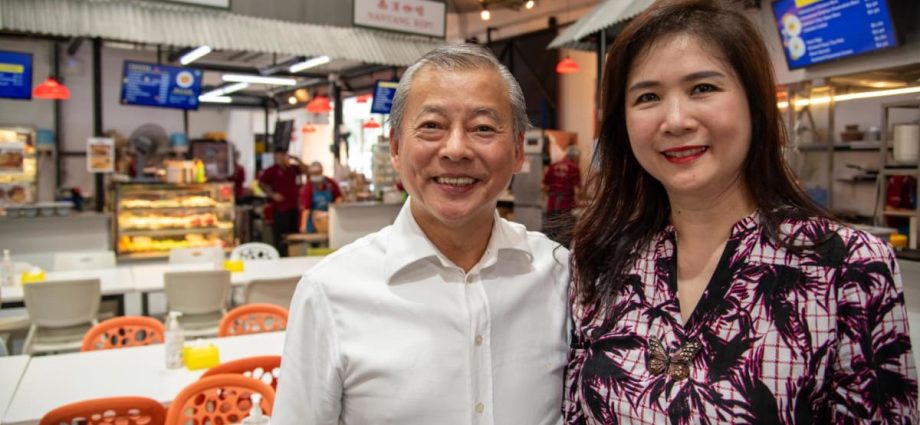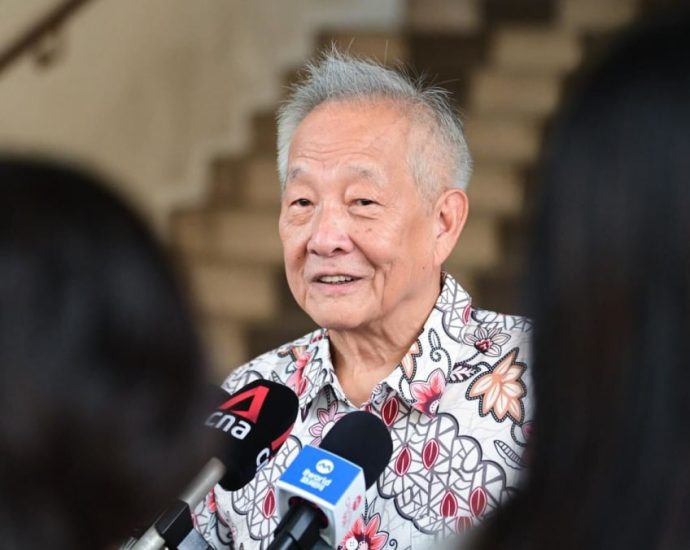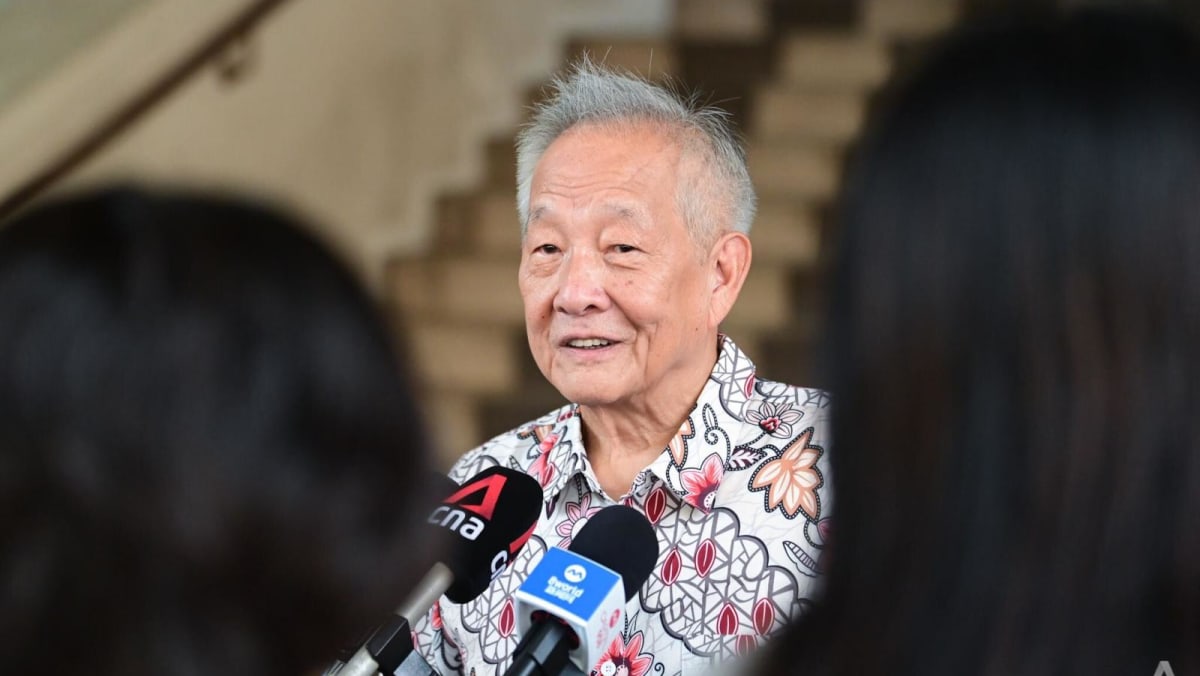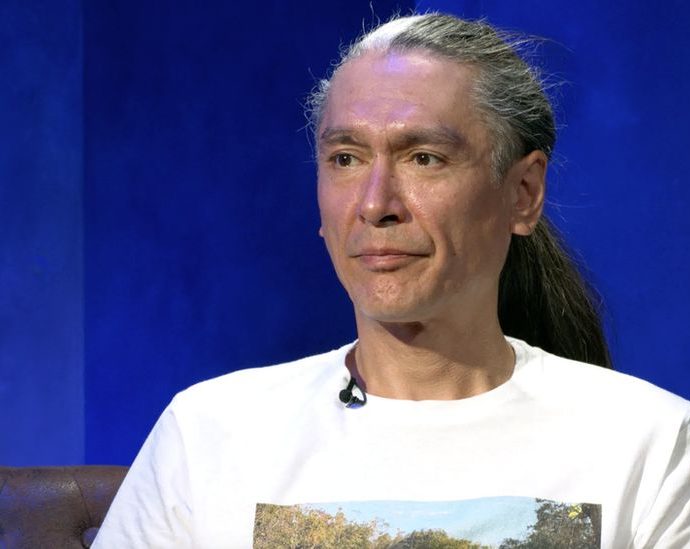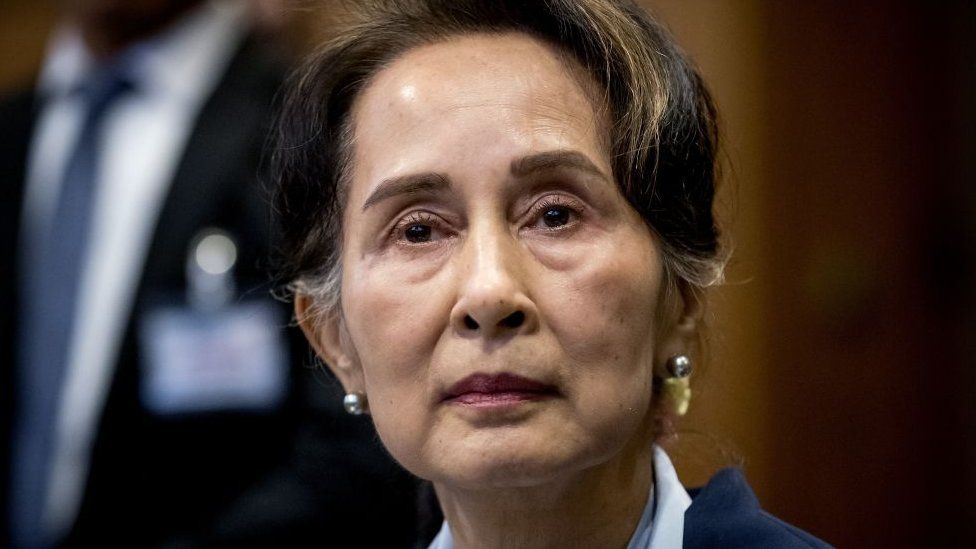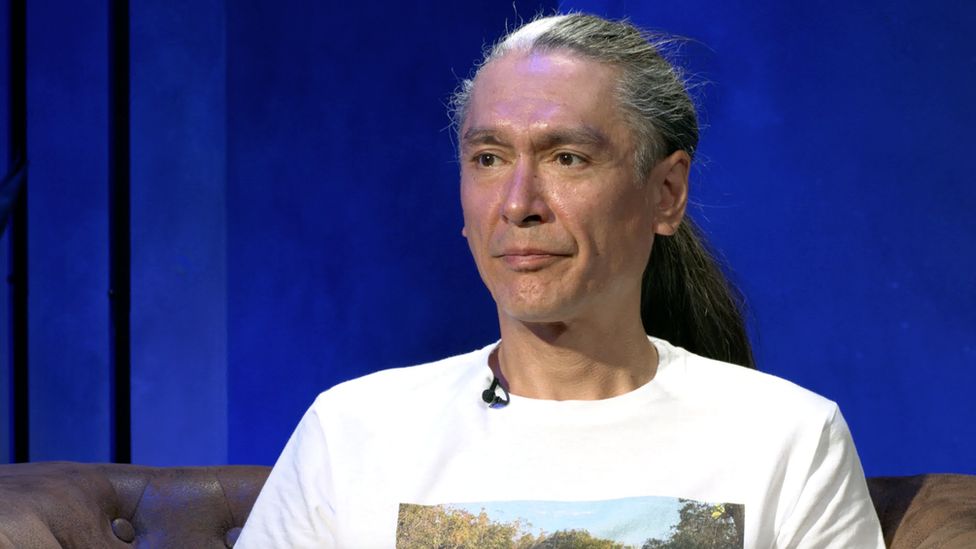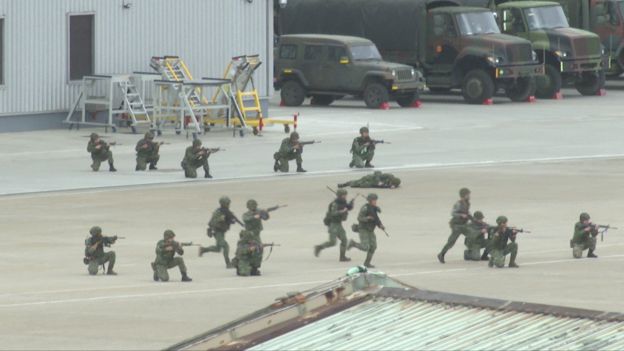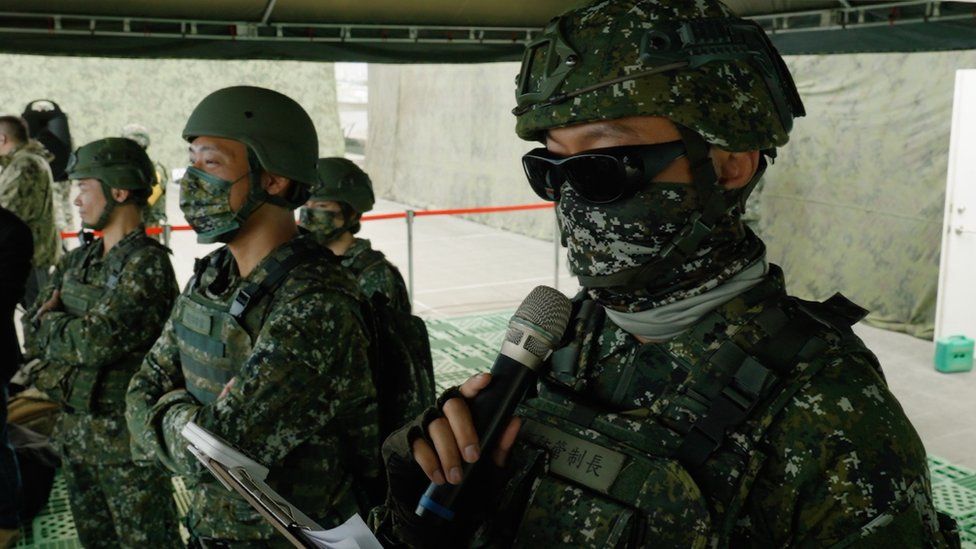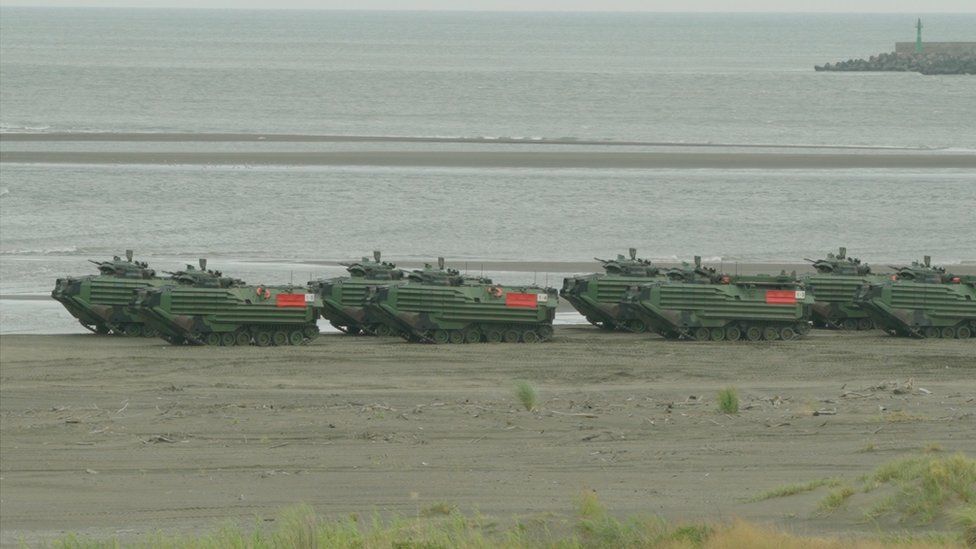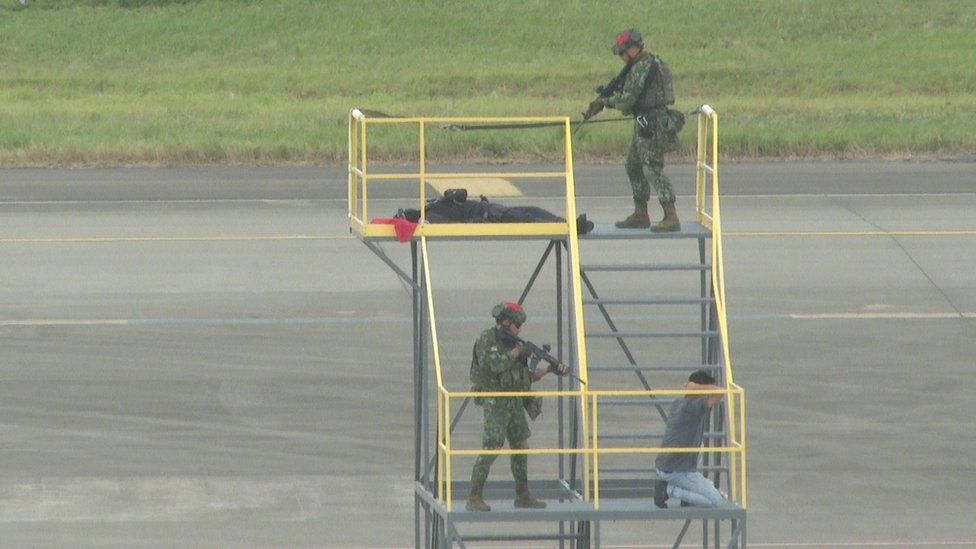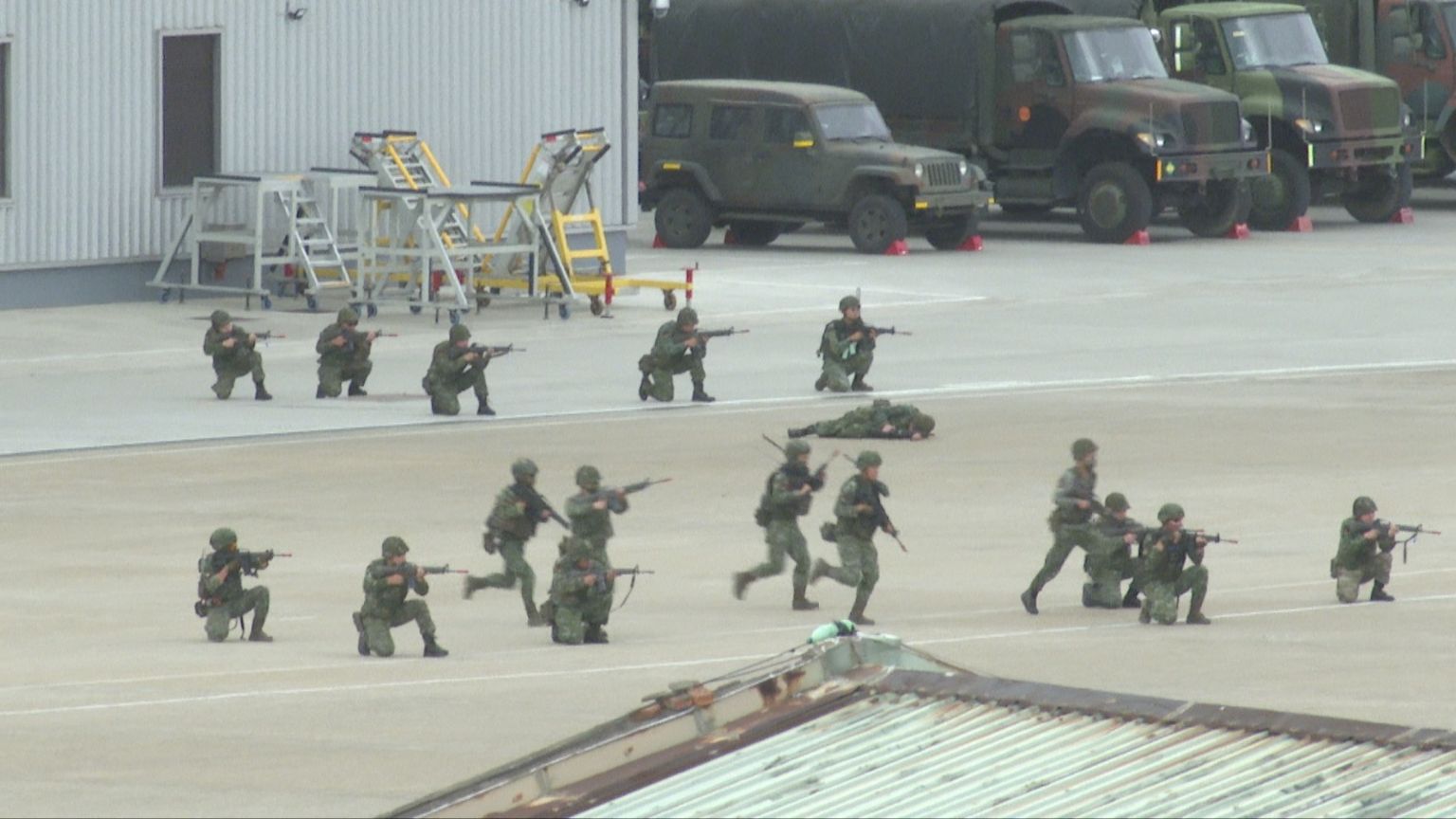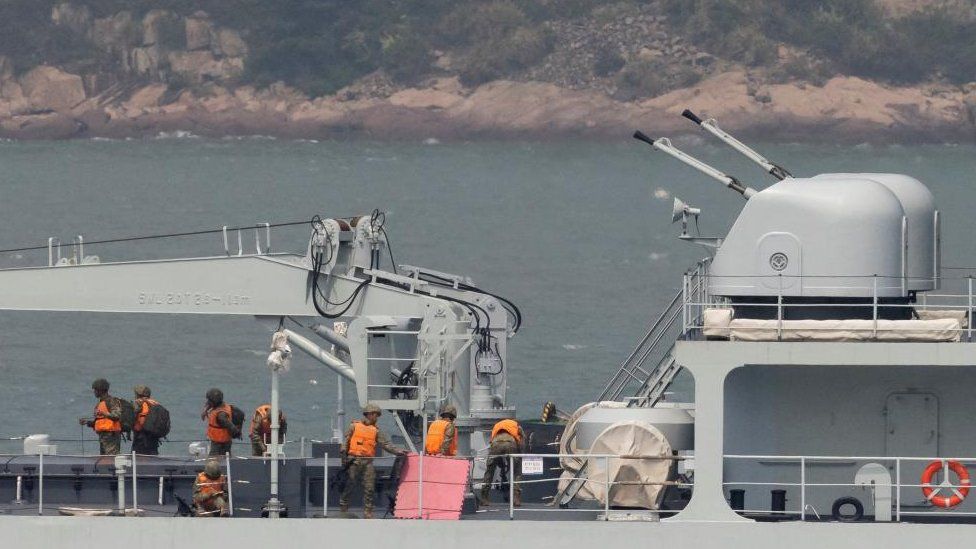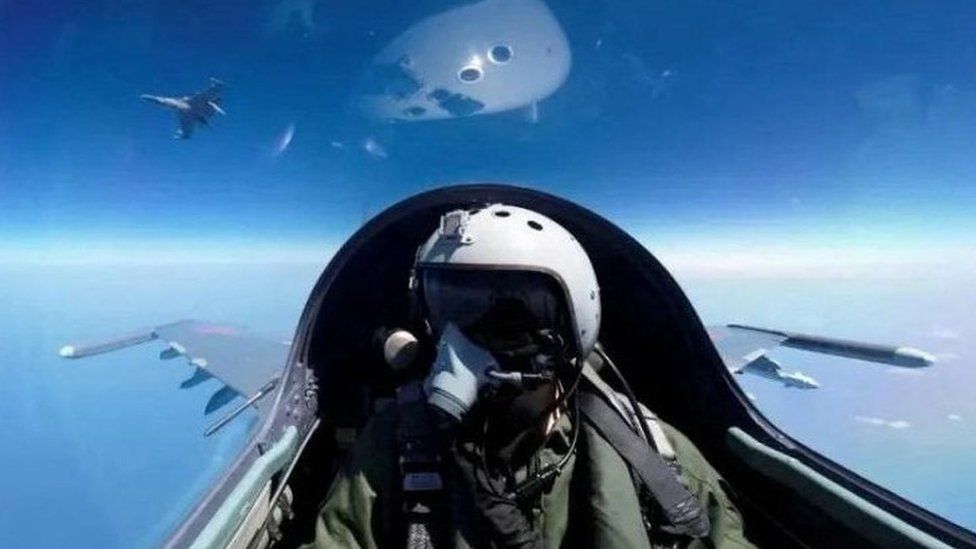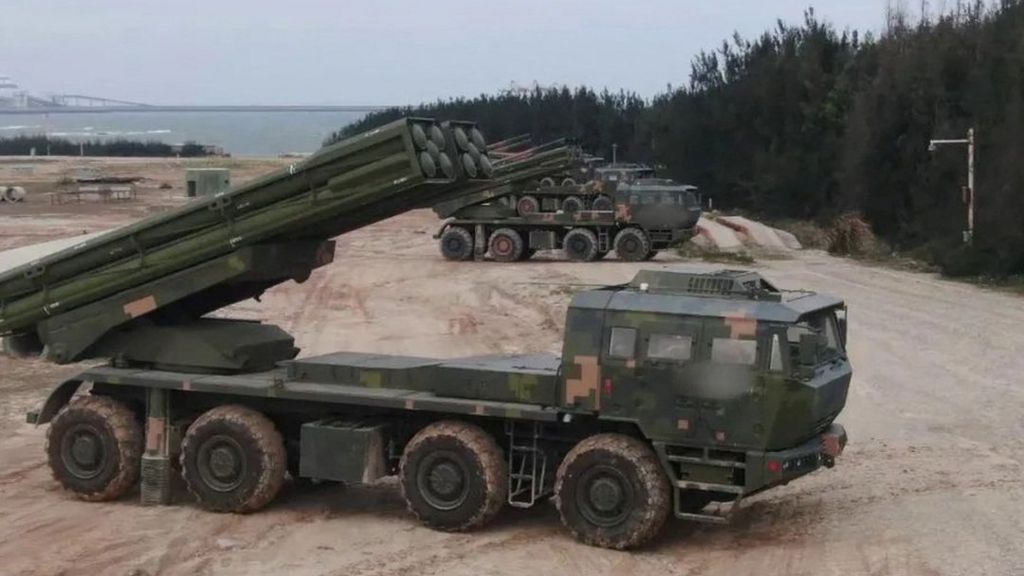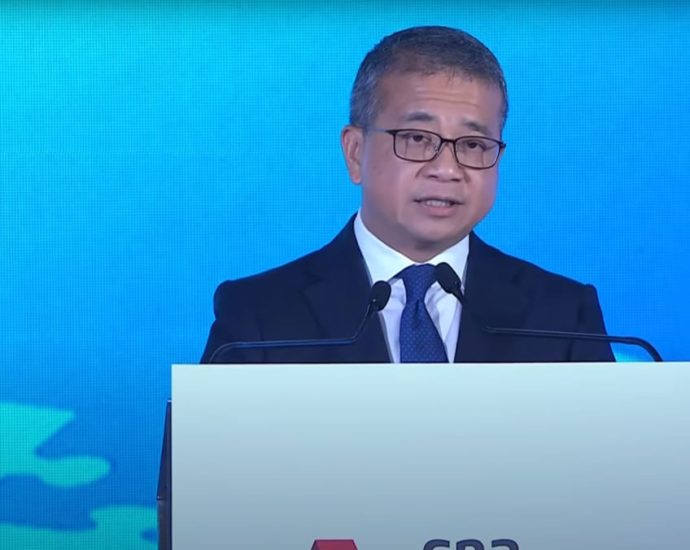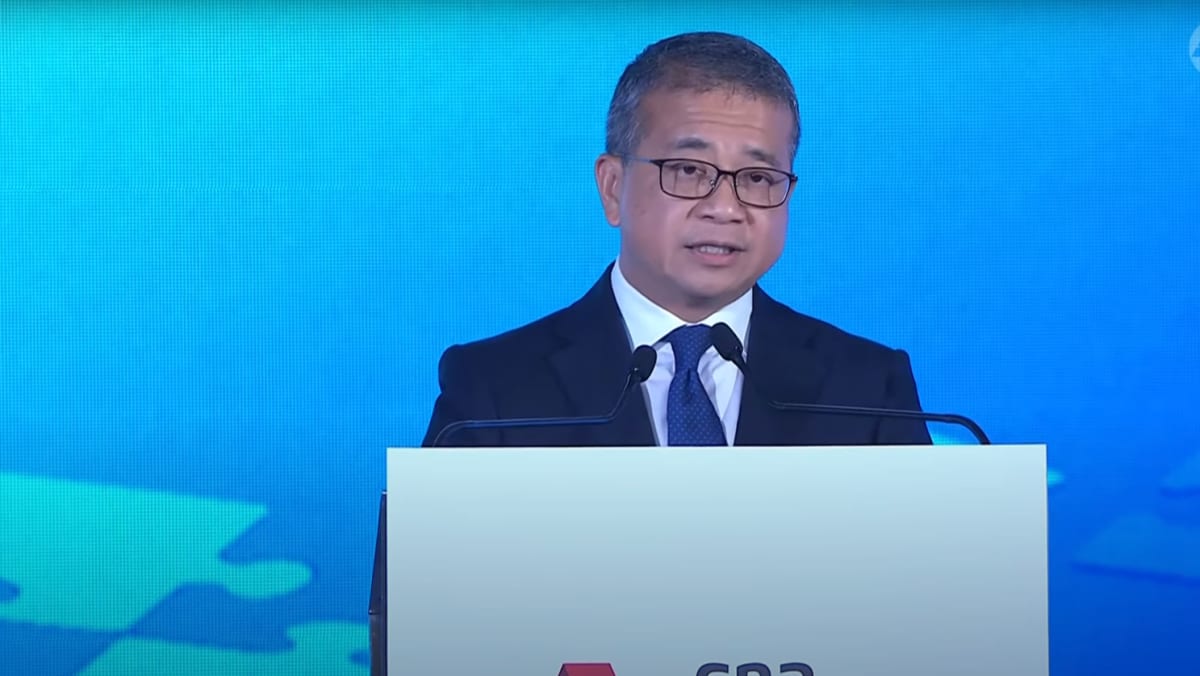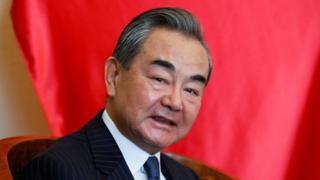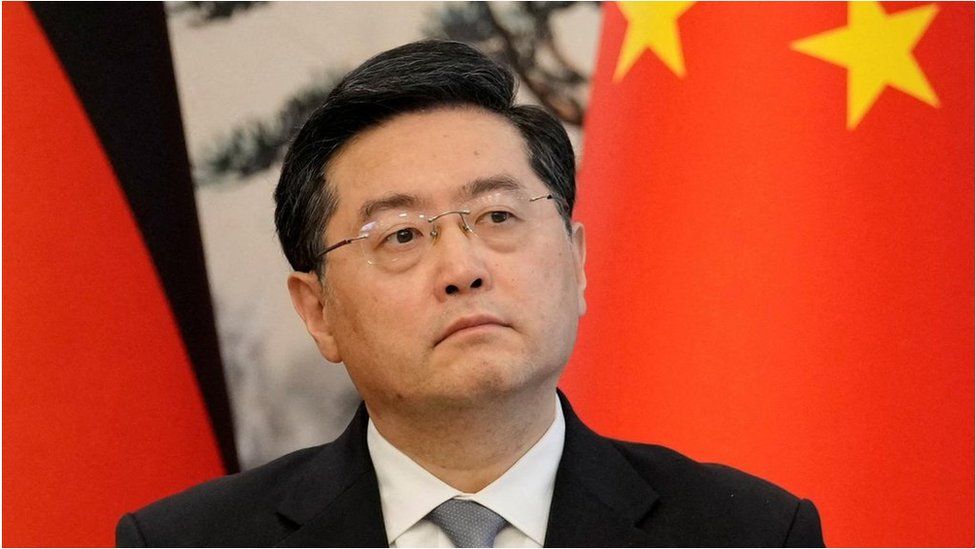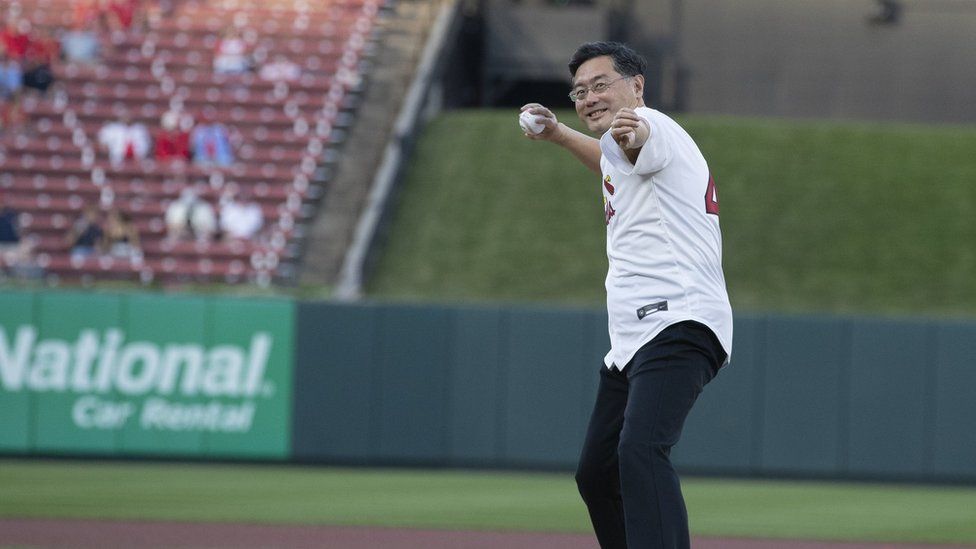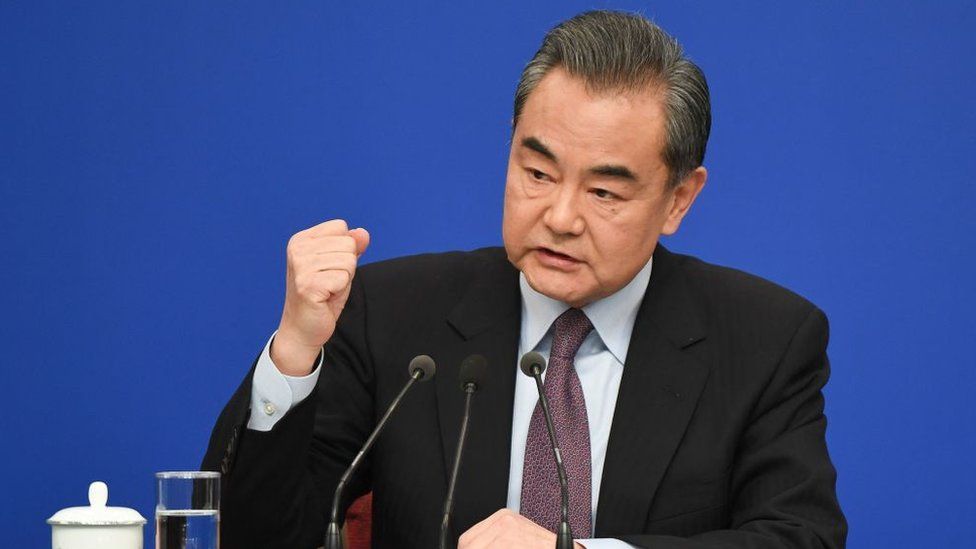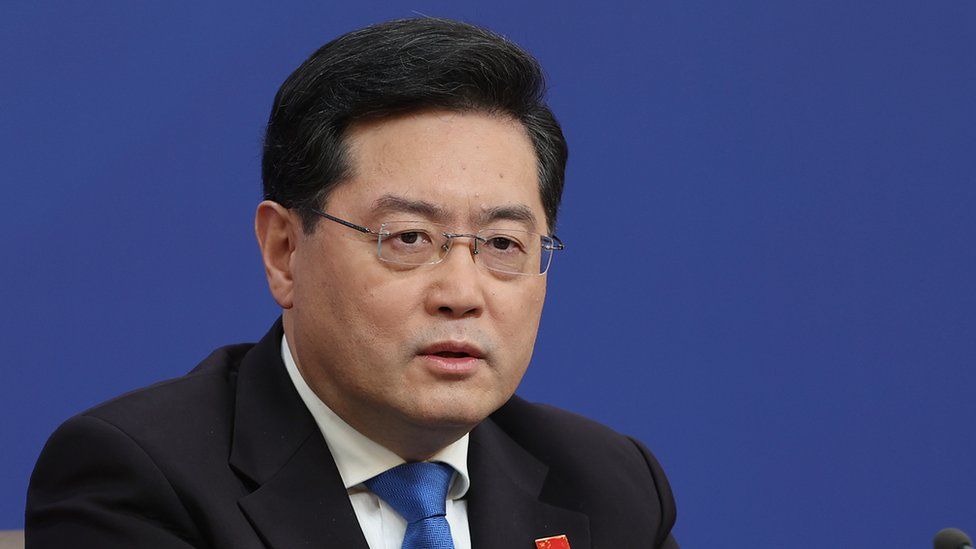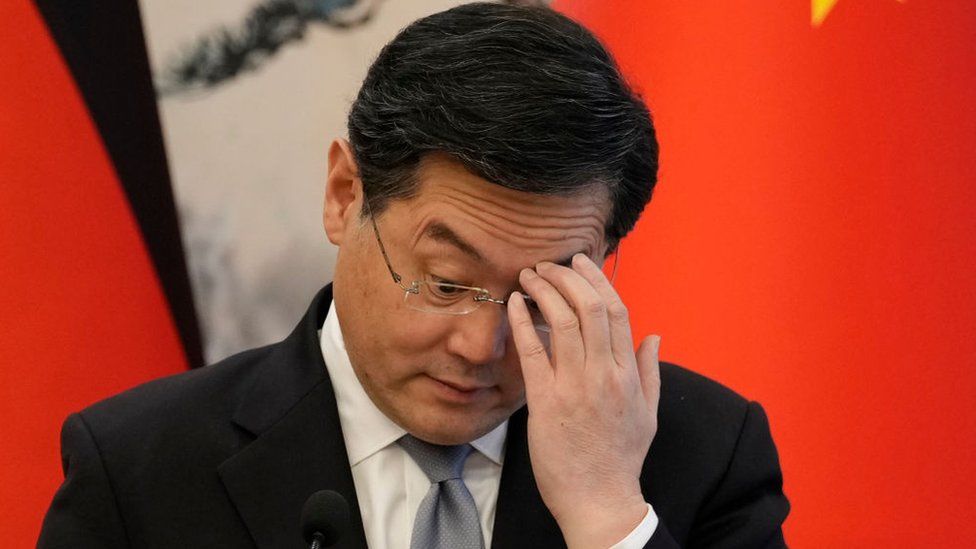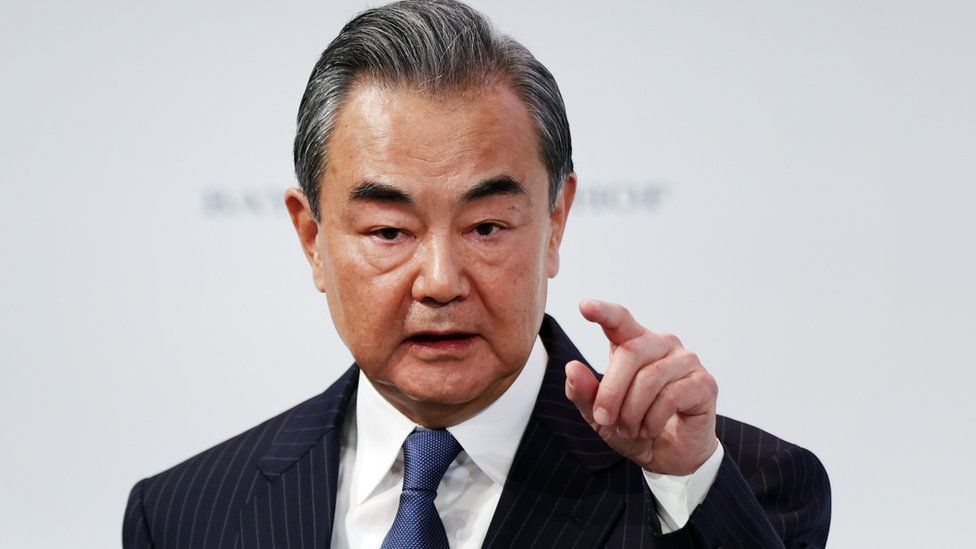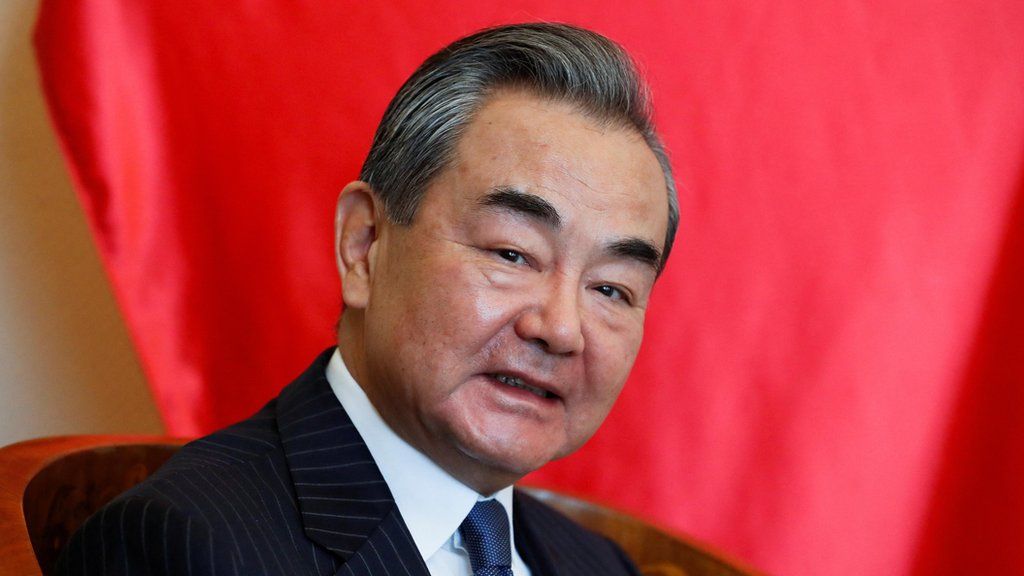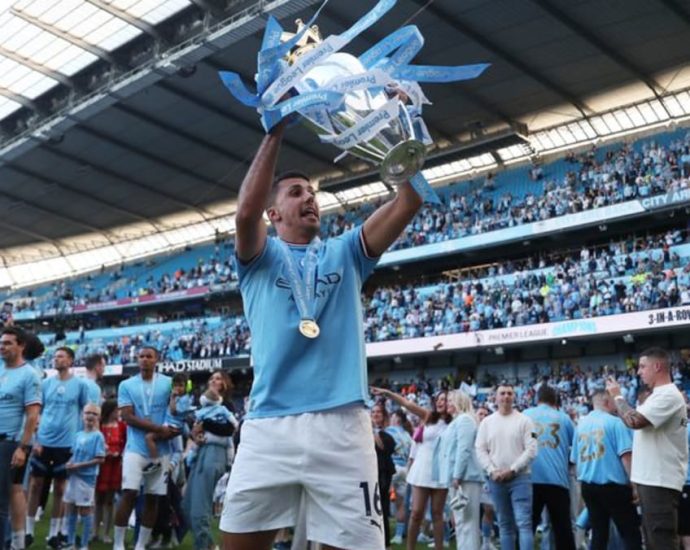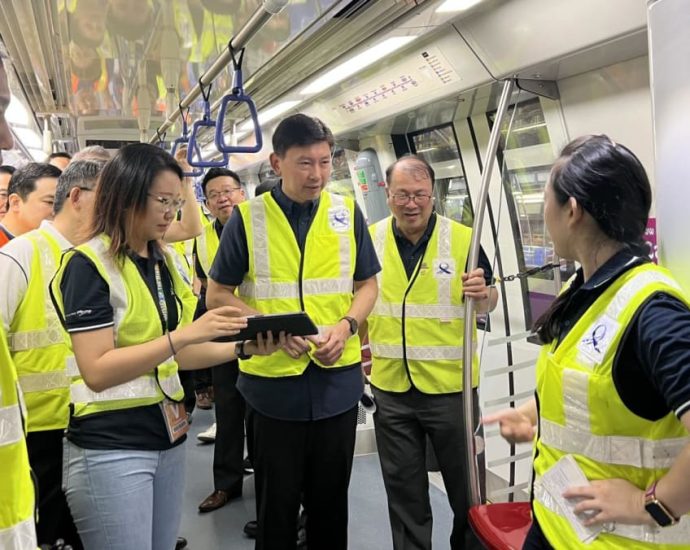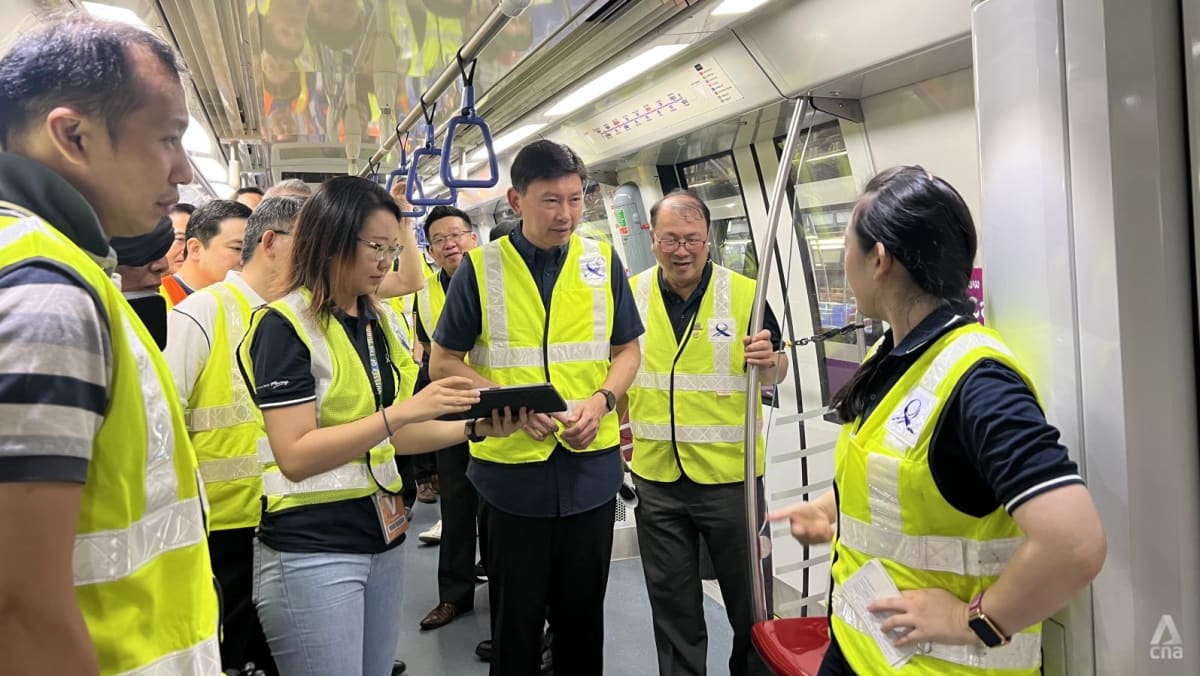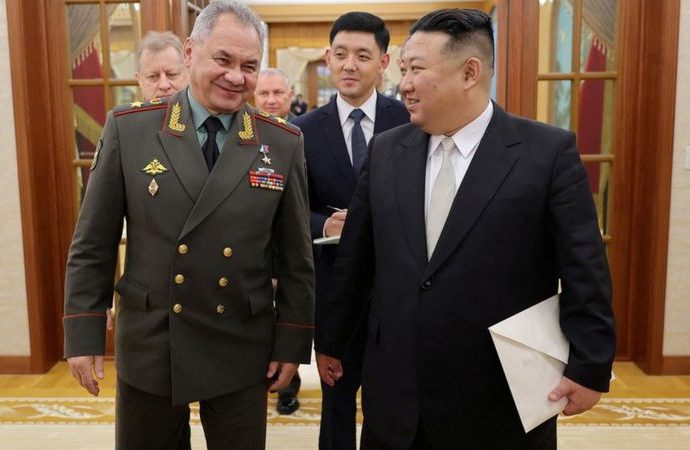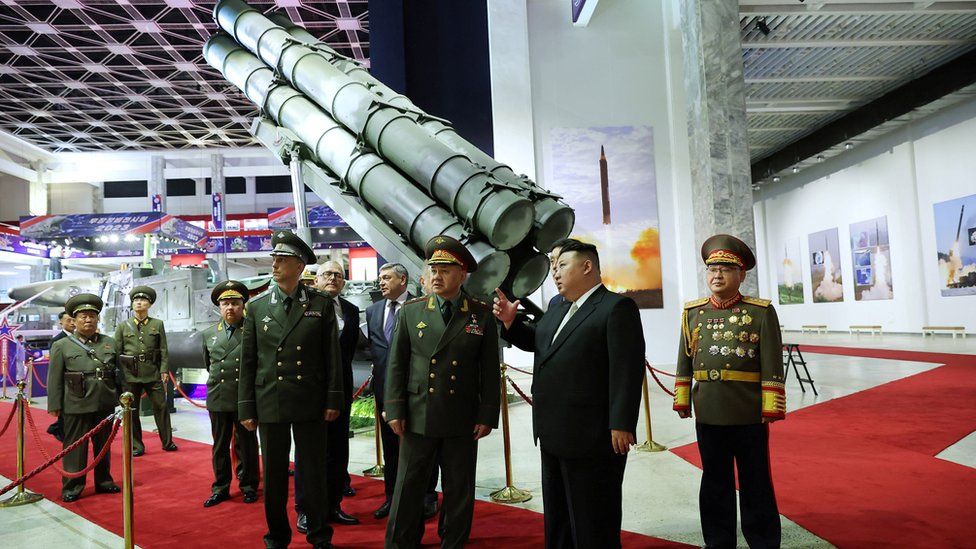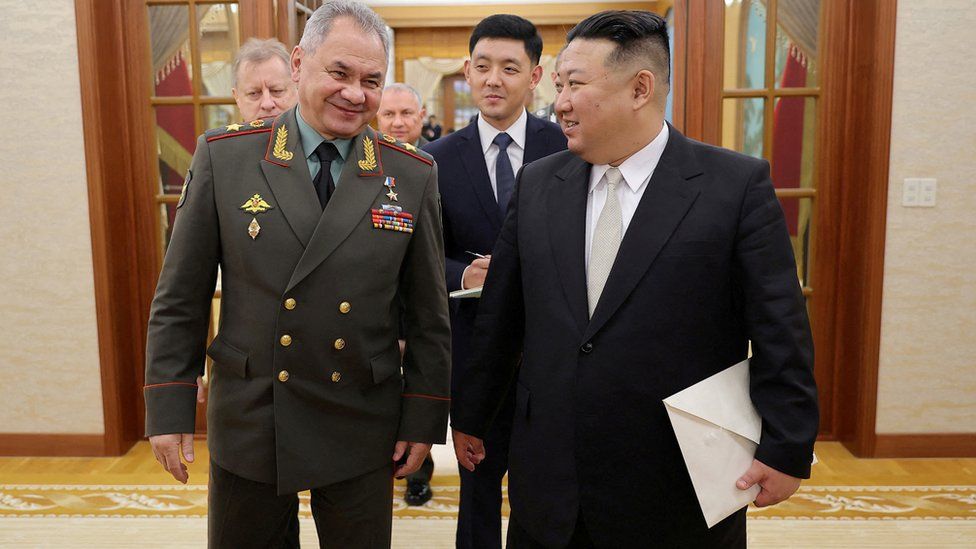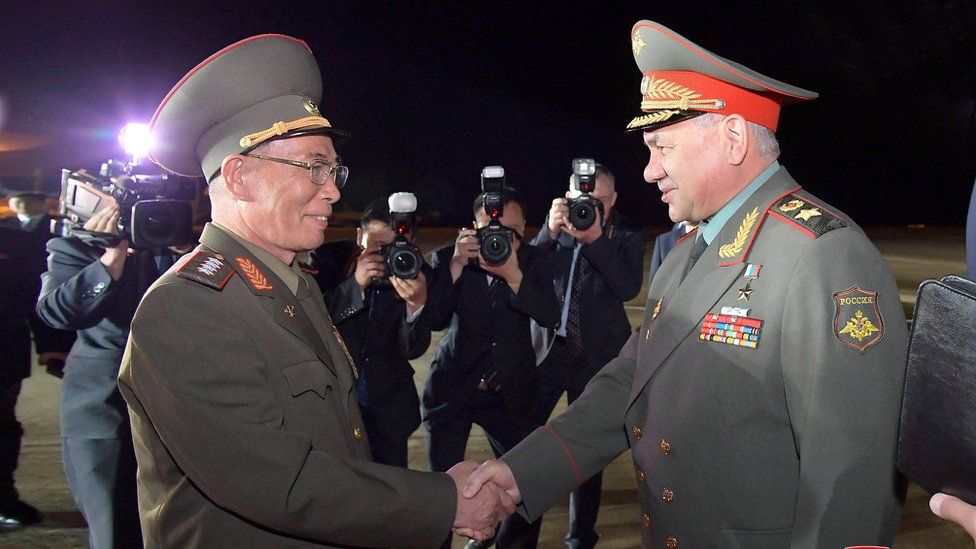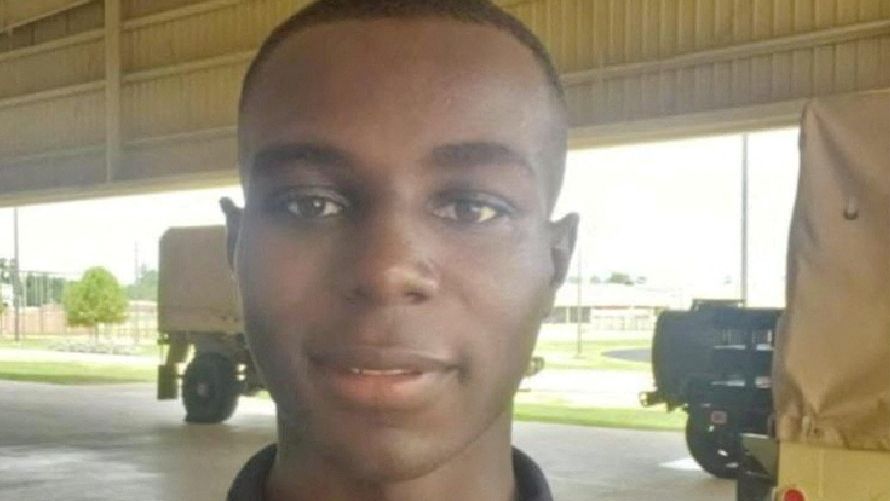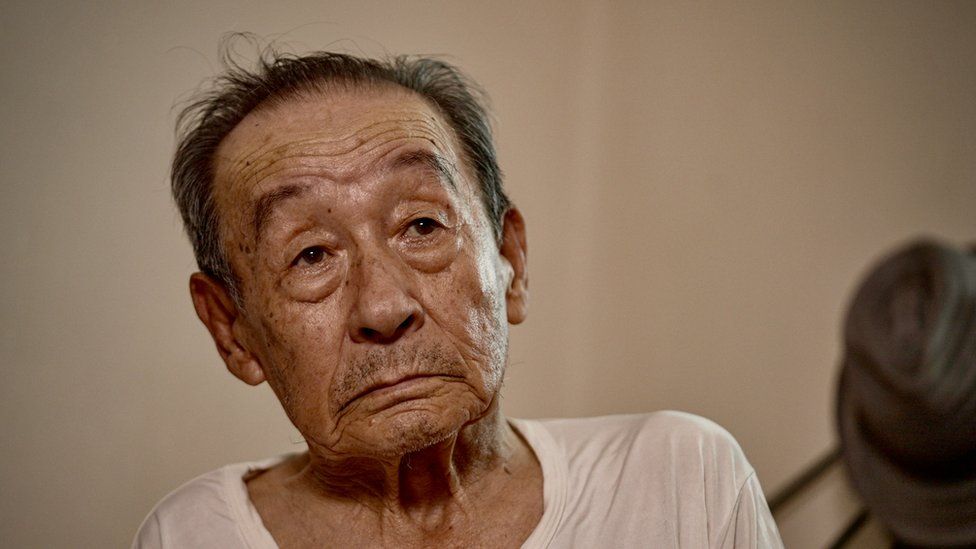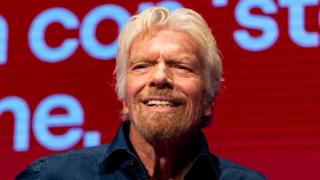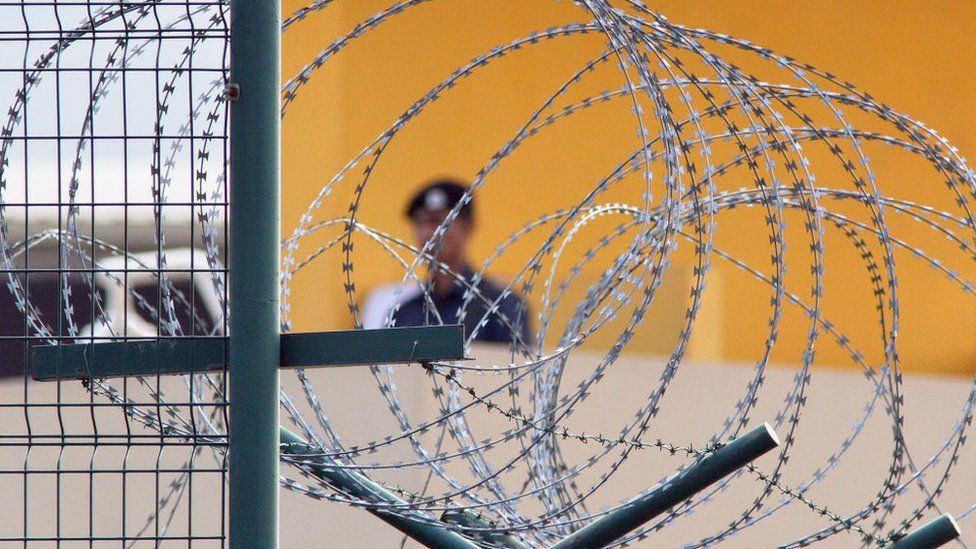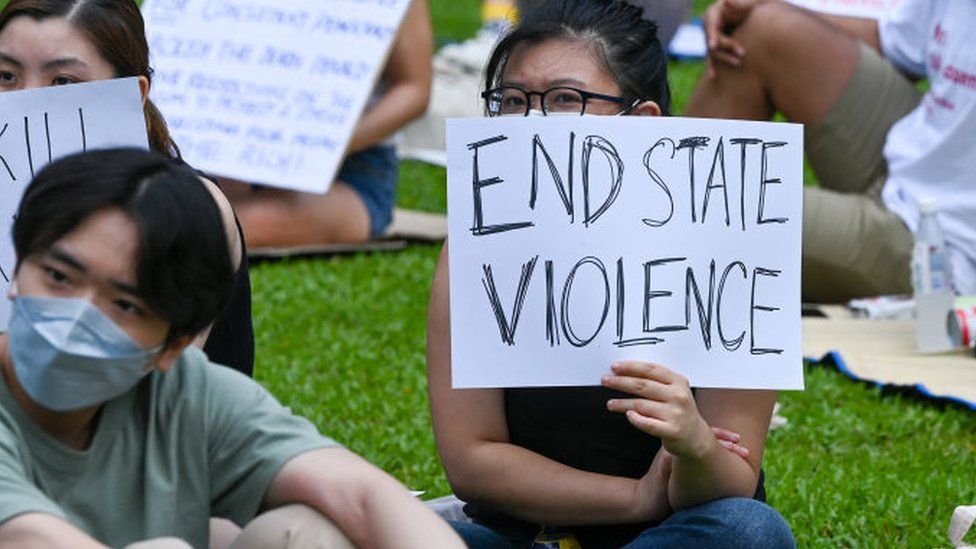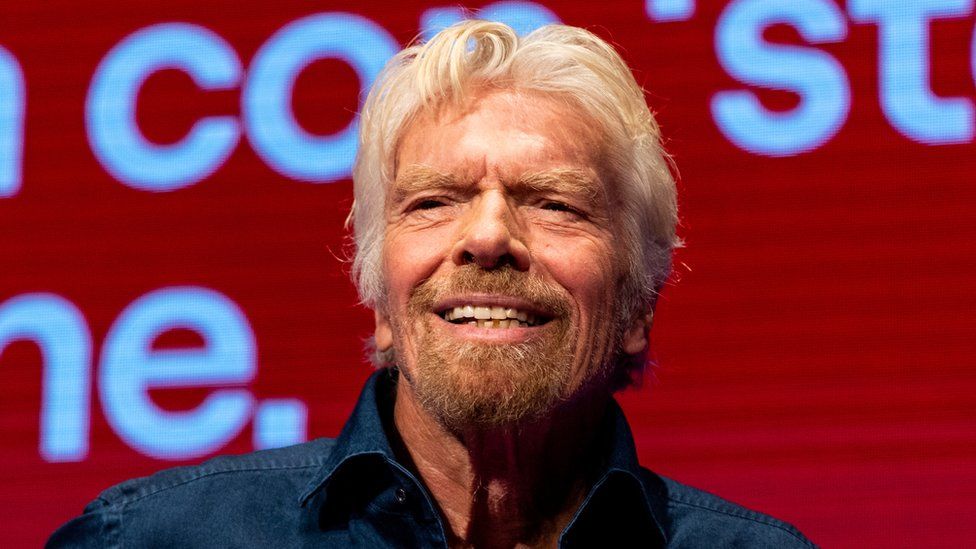Hard to be independent if you’ve spent decades in political system: Singapore presidential hopeful George Goh
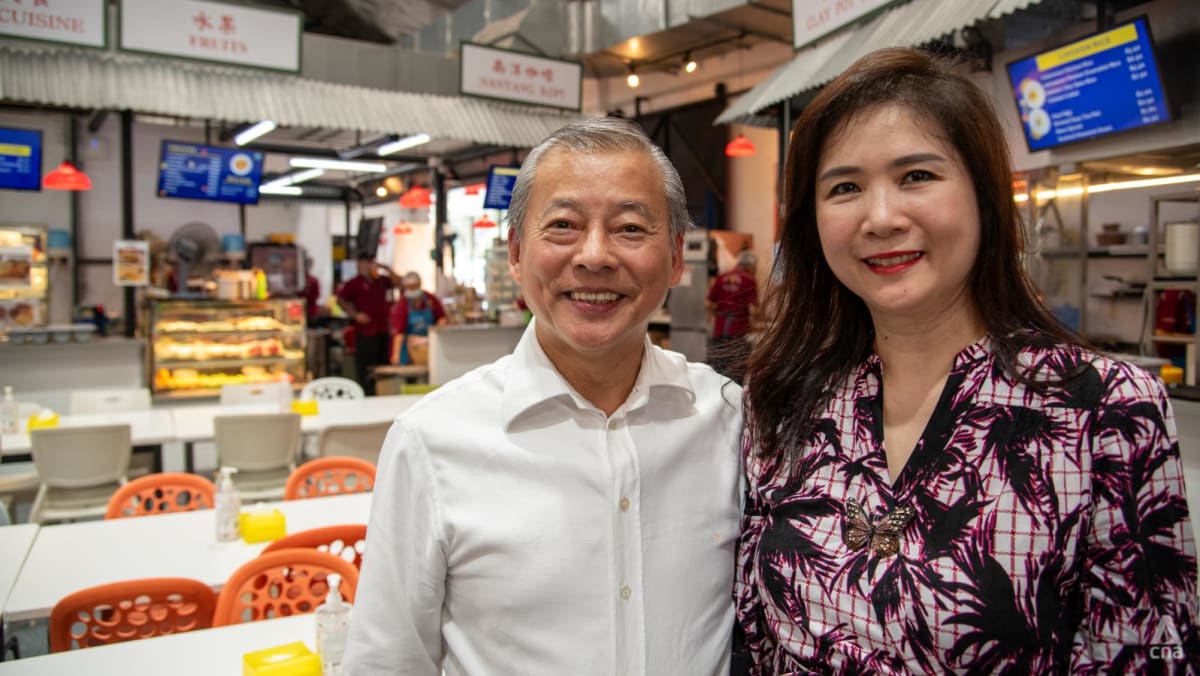
On Wednesday, Mr Tharman had repeatedly emphasised his “independence of mind”, saying he was “by nature, non-partisan”.
“I have no regrets at all of having been at the PAP (People’s Action Party) and serving as a politician for 22 years both in Cabinet as well as on the ground,” he said. “I have no doubt at all that in my new role, I’ll be able to rise above politics because that’s been my makeup all along.”
Mr Goh, a businessman, was second to announce his bid for the presidency after Mr Tharman.
They are also up against ex-GIC chief investment officer Ng Kok Song.
On Thursday, Mr Goh was accompanied by his wife Lysa Sumali to an event at social enterprise Dignity Kitchen, where he helped to pack lunch treats for the elderly.
He has positioned himself as free of any political affiliations – a point he reiterated to media.
“I’m an independent candidate, as everybody knows, because I came from the private sector,” said Mr Goh.
“I do not sit in any of the GIC or MAS or government-linked corporations … I do my own thing.”
He said he hopes that voters will give the private sector the chance to serve the nation.
Mr Goh started out in the shoe manufacturing business with S$5,000 in savings and assistance from his sister.
Over 40 years of entrepreneurship, he owned more than 100 companies across the continent, seven of which are publicly listed on various stock exchanges across Singapore, Australia and the United Kingdom.

